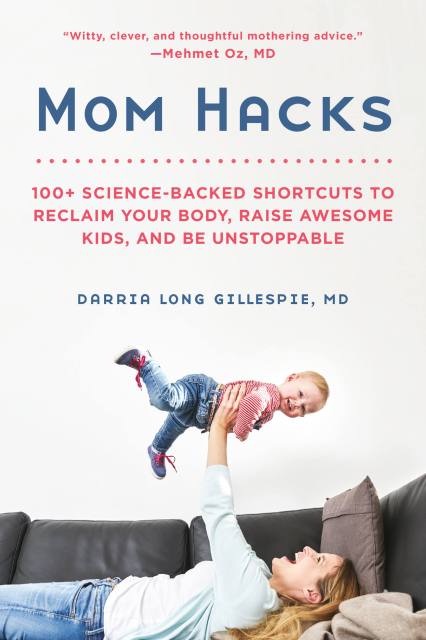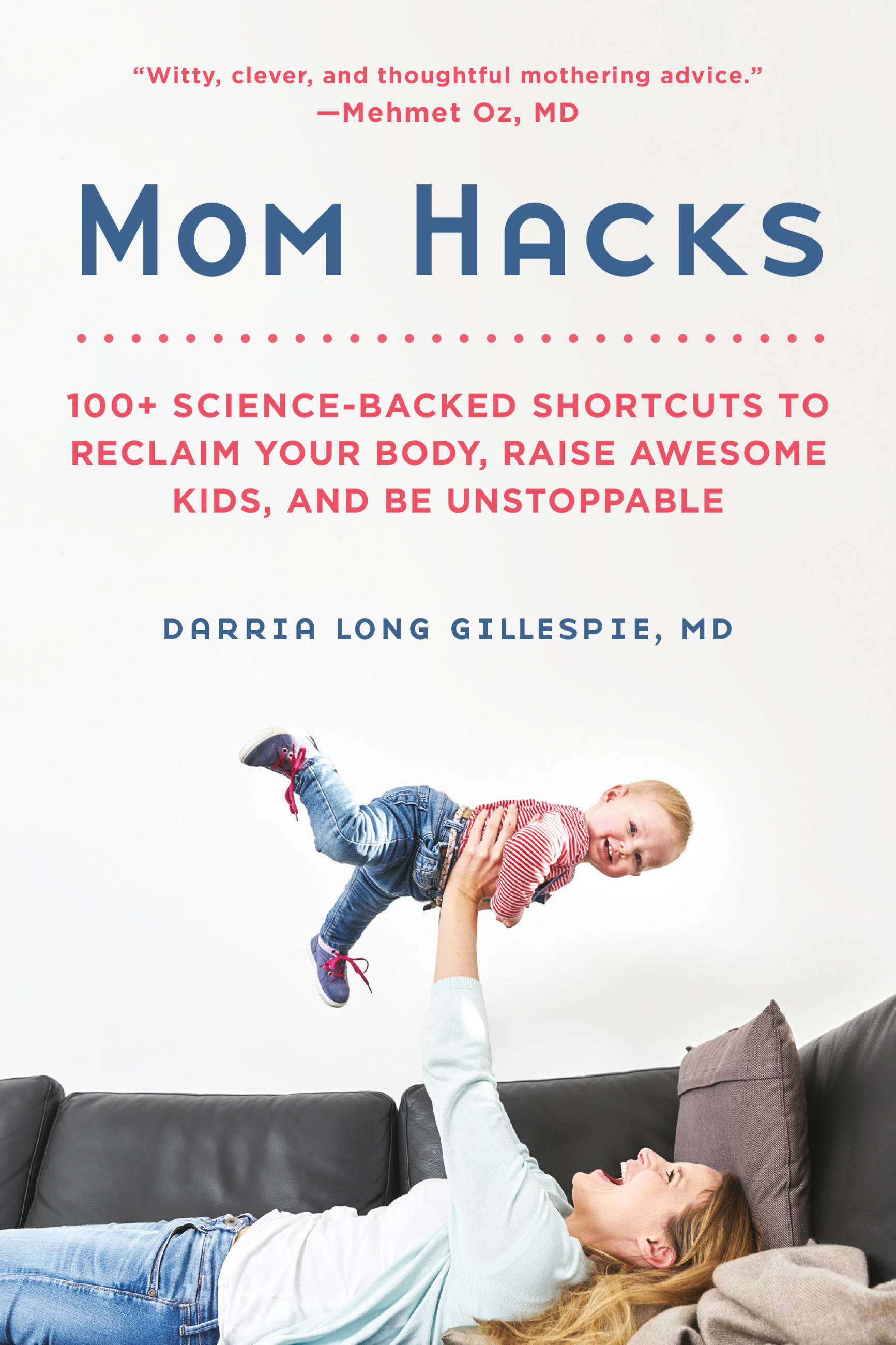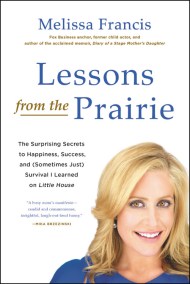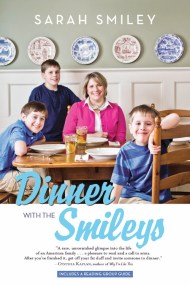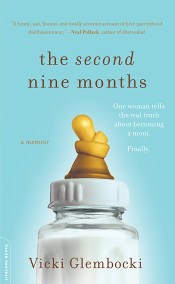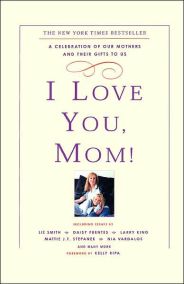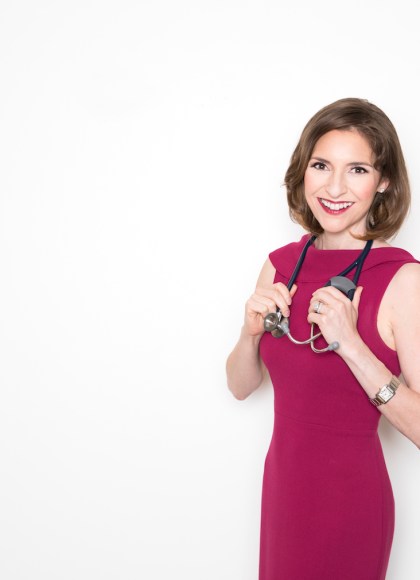By clicking “Accept,” you agree to the use of cookies and similar technologies on your device as set forth in our Cookie Policy and our Privacy Policy. Please note that certain cookies are essential for this website to function properly and do not require user consent to be deployed.
Mom Hacks
100+ Science-Backed Shortcuts to Reclaim Your Body, Raise Awesome Kids, and Be Unstoppable
Contributors
Formats and Prices
- On Sale
- Feb 19, 2019
- Page Count
- 304 pages
- Publisher
- Balance
- ISBN-13
- 9780738284644
Price
$19.99Price
$25.99 CADFormat
Format:
- Trade Paperback $19.99 $25.99 CAD
- ebook $9.99 $12.99 CAD
This item is a preorder. Your payment method will be charged immediately, and the product is expected to ship on or around February 19, 2019. This date is subject to change due to shipping delays beyond our control.
Buy from Other Retailers:
100+ self-care hacks for any mom to eat right, move more, stress less and get a good night’s sleep, by a doctor who is also a mom
Why is it generally accepted that motherhood comes at the expense of our health–with all that weight gain, fatigue, and exhaustion? It doesn’t have to be that way. What if your baby AND you could thrive together? We cure diseases. We create artificial ears using 3-D printers. We solved how to pee in space. We can figure this out–and now Dr. Darria has done just that.
An Ivy league-trained physician and mom of two, Dr. Darria combed the latest in medicine, psychology, and holistic health for answers when her own health crises struck. She now brings those solutions to moms everywhere. For moms who just DontHaveTheTime (or energy), Mom Hacks gives you the specific smallest changes that yield the biggest impact for you and your child.
Every hack is a mini super-charged solution with an immediate impact. So you feel good, lose the baby weight, and are more present, while raising thriving children–in an entirely do-able, time-saving, with-you-in-the-trenches way. Her humor and personal stories bring warmth and encouragement when mothers need it most.
You can be the mother and woman you want to be, and with Mom Hacks, you don’t have to listen to anyone who tells you otherwise. It’s time for a new mom world order.
Why is it generally accepted that motherhood comes at the expense of our health–with all that weight gain, fatigue, and exhaustion? It doesn’t have to be that way. What if your baby AND you could thrive together? We cure diseases. We create artificial ears using 3-D printers. We solved how to pee in space. We can figure this out–and now Dr. Darria has done just that.
An Ivy league-trained physician and mom of two, Dr. Darria combed the latest in medicine, psychology, and holistic health for answers when her own health crises struck. She now brings those solutions to moms everywhere. For moms who just DontHaveTheTime (or energy), Mom Hacks gives you the specific smallest changes that yield the biggest impact for you and your child.
Every hack is a mini super-charged solution with an immediate impact. So you feel good, lose the baby weight, and are more present, while raising thriving children–in an entirely do-able, time-saving, with-you-in-the-trenches way. Her humor and personal stories bring warmth and encouragement when mothers need it most.
You can be the mother and woman you want to be, and with Mom Hacks, you don’t have to listen to anyone who tells you otherwise. It’s time for a new mom world order.
-
"Mom Hacks, written from the heart of a mother and the scientific mind of a doctor, is a fun and informative read for busy parents. My favorite 'hack' is Dr. Darria's wise advice about how moms can keep their own mind happy, even when their kids are draining."William Sears, MD, co-author of The Baby Book
-
"Dr Darria's witty, clever and thoughtful approach to mothering advice will make you comfortable with the chaotic beauty of raising the most treasured friend you will ever have. Go get 'em!"Mehmet Oz, MD, Host of The Dr Oz Show and Attending Physician at New York Presbyterian-Columbia University
Newsletter Signup
By clicking ‘Sign Up,’ I acknowledge that I have read and agree to Hachette Book Group’s Privacy Policy and Terms of Use
